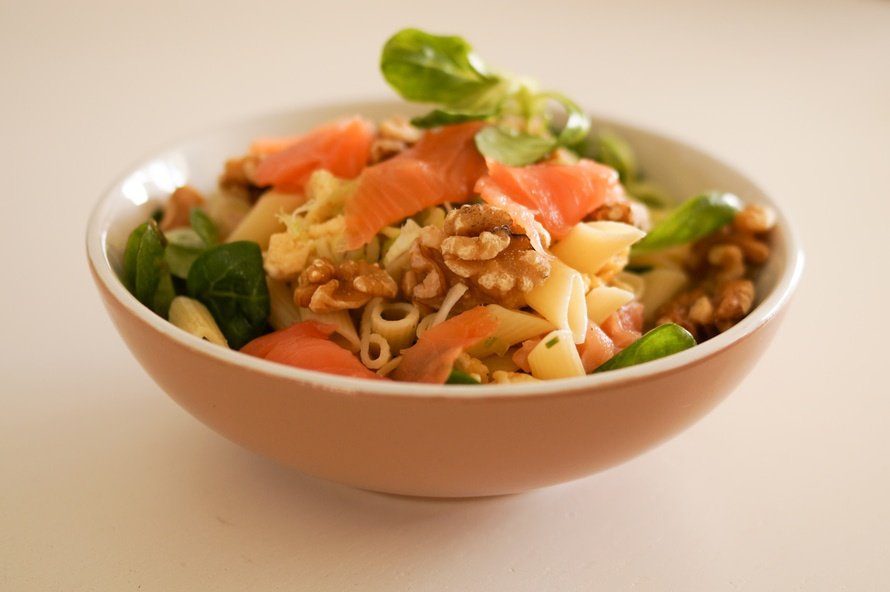

Recovering from addiction is incredibly hard on the body and mind. It’s important for teens to take special care of themselves during this time and to pay attention to what they’re putting in their bodies. A good diet and proper nutrition are essential to recovery.
What Are Replacement Cravings?

Image Credit: Thomas Kelley
While your teen is fighting one craving, it could be tempting to replace it with another—namely unhealthy food. Some might think that indulging in junk food and sweets is a good way of combating the urge to return to substance use. However, evidence shows that a healthy and balanced diet is much more effective when trying to stay sober.
What Do Substances Do to Your Nutrition?
Substances like alcohol hinder the digestive process, meaning that the body doesn’t receive the full benefit of the food that is digested. Alcohol intake minimizes the pancreas’ ability to secrete digestive enzymes and process food through the body. As a result, nutrients from food go to waste.
Withdrawal can induce symptoms such as vomiting, which also leads to lost calories and nutrients.
Why Is Healthy Eating Important?

Image Credit: Maja Petric
Chances are, people who suffer from an addiction are more concerned with getting their fix than with eating properly. This takes an extra toll in addition to the negative health effects of their substance of choice.
Even when someone does get clean, their body is likely to remain in rough shape for awhile. Proper eating habits will help a recovering addict heal their bodies and stave off future cravings.
What Can Your Teen Do?
- Be mindful that a nutritious diet is important to maintaining sobriety. Whenever your teen makes a healthy food choice, they’re supporting their own choice to stay substance free.
- Avoid foods high in sugar and fat. A simple way of doing this is by cooking more. Use raw ingredients and keep away from processed foods. That way, your teen can keep better track of what they’re putting into their body.
- Have fun by cooking together! If you and your teen prepare meals together, they’ll put more effort into creating delicious healthy dishes and feel less tempted to seek out fatty or greasy foods.
- Seek professional support. There are treatment programs that can offer help in diet management if it begins to become a problem.
Ultimately, good nutrition and a balanced diet will make your teen feel better physically and emotionally. Support from friends and family are also crucial in a teen’s recovering process. Healing is tough work, so encourage them to take care of their body and eat well so that they have the best chance for success.
Feature Image: skitterphoto.com


